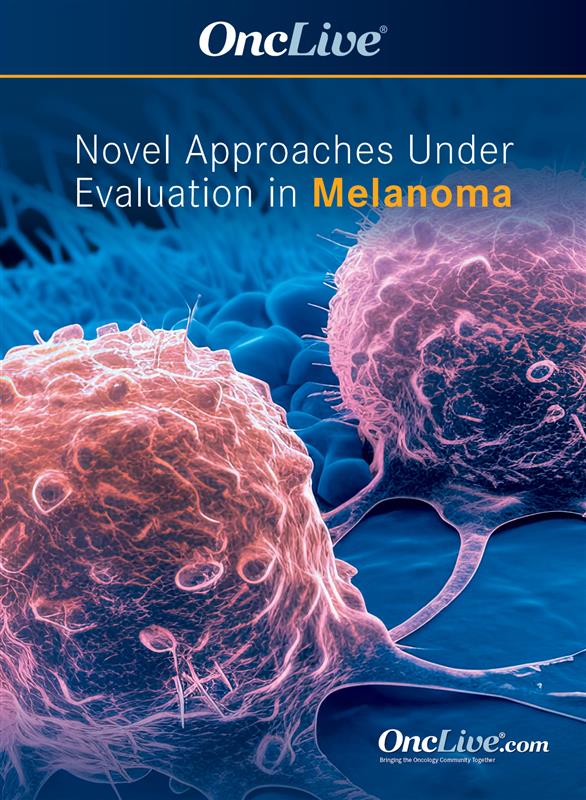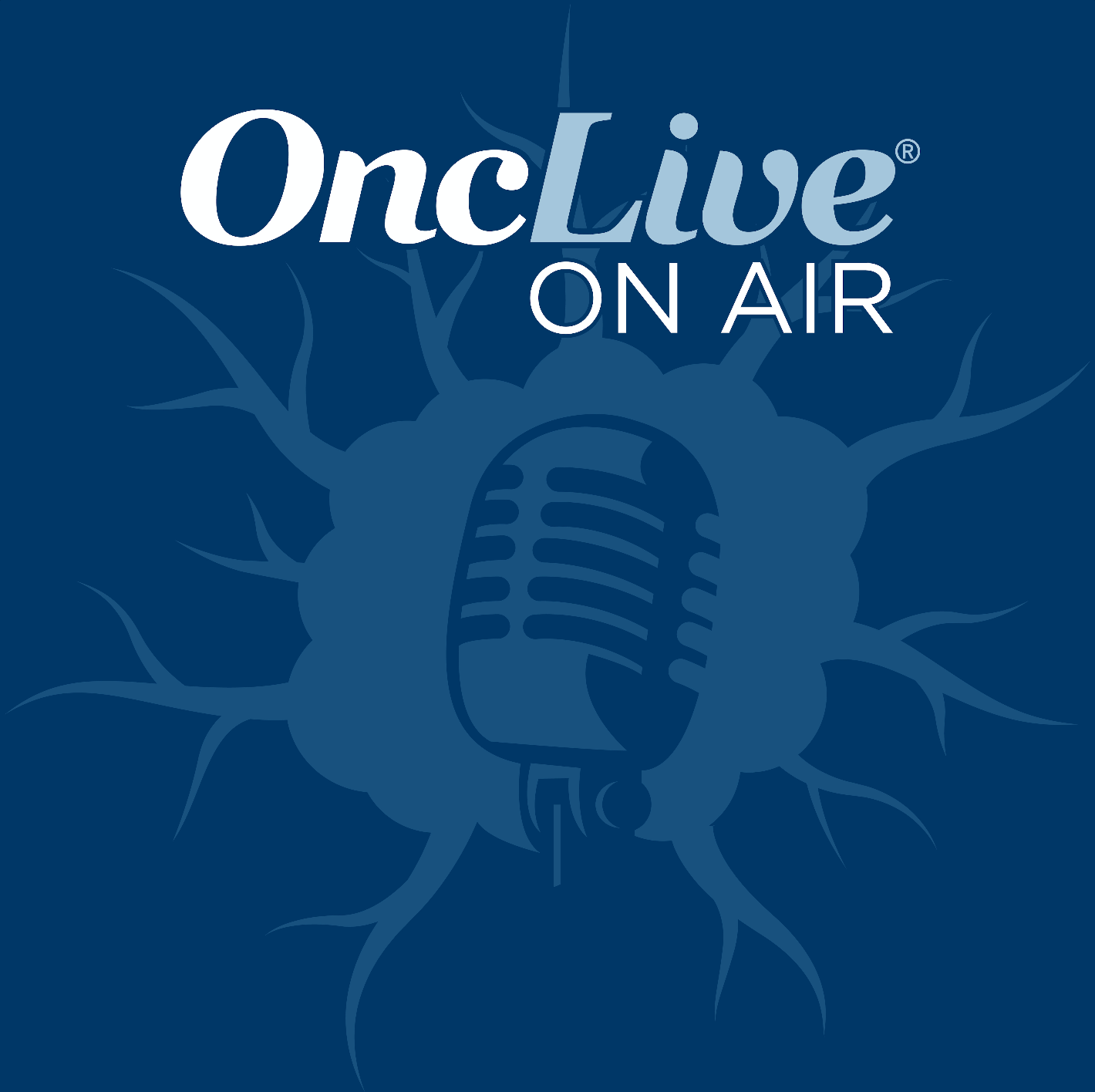Publication
Video
Dr Hamid on the Investigation of Fianlimab With Cemiplimab in Advanced Melanoma
Author(s):
Omid Hamid, MD, discusses the investigation of the LAG-3 inhibitor fianlimab in combination with cemiplimab in patients with advanced melanoma who were naïve to anti–PD-1 agents in the advanced setting.
Omid Hamid, MD, director, Melanoma Program, Cedars-Sinai Medical Center, chief, Translational Research and Immunotherapy, director, Melanoma Therapeutics, Phase I Immuno-Oncology Program, The Angeles Clinic and Research Institute, discusses the investigation of the LAG-3 inhibitor fianlimab (REGN3767) in combination with cemiplimab-rwlc (Libtayo) in patients with advanced melanoma who were naïve to anti–PD-1 agents in the advanced setting.
Data from a phase 1 trial (NCT03005782) presented at the 2023 ASCO Annual Meeting showed that across 3 cohorts of patients, including 1 that included those who received anti–PD-1 treatment in the neoadjuvant or adjuvant setting, the combination elicited an overall response rate of 61% (95% CI, 51%-71%). Notably, responses were observed across key subgroups, including patients with poor prognosis, such as those with high lactate dehydrogenase or liver/visceral metastases, Hamid says.
The median duration of response was not reached among all patients, and the estimated median progression-free survival was 15 months (95% CI, 9–not estimable).
Safety data showed the regimen was well tolerated, even in patients who received anti–PD-1 therapy in the adjuvant setting, and no new safety signals were observed, Hamid explains. Although the toxicities were similar to what would be expected from treatment with single-agent anti–PD-1 therapy, there was an increased incidence of adrenal insufficiency; however, these adverse effects were generally grade 1 or 2, and these events were resolved with steroids, Hamid notes.
Further investigation of fianlimab plus cemiplimab is currently ongoing for patients with melanoma, including those in the advanced setting in a phase 3 trial (NCT05352672), and in the adjuvant setting in another phase 3 study (NCT05608291). The combination is also being explored in triplets and in other settings, Hamid concludes.









